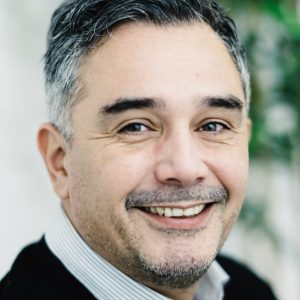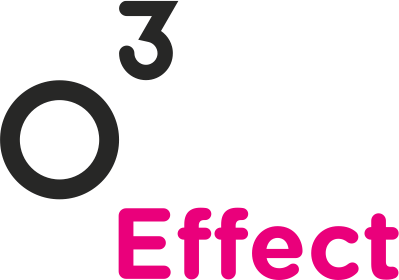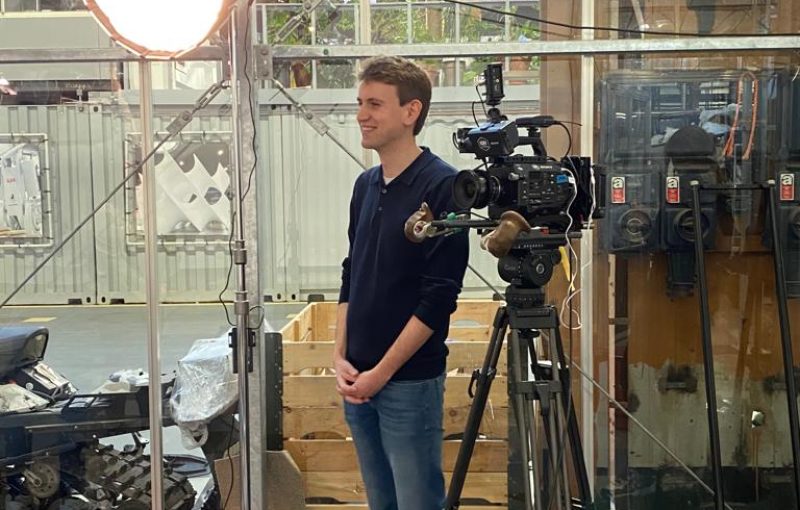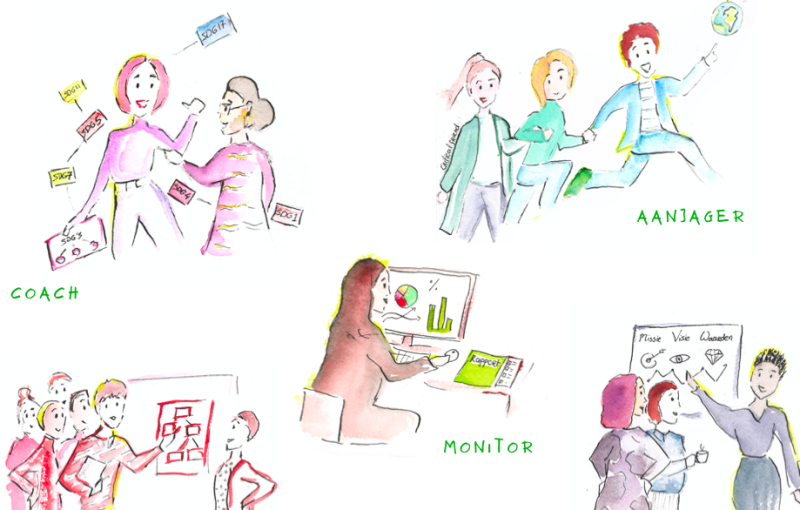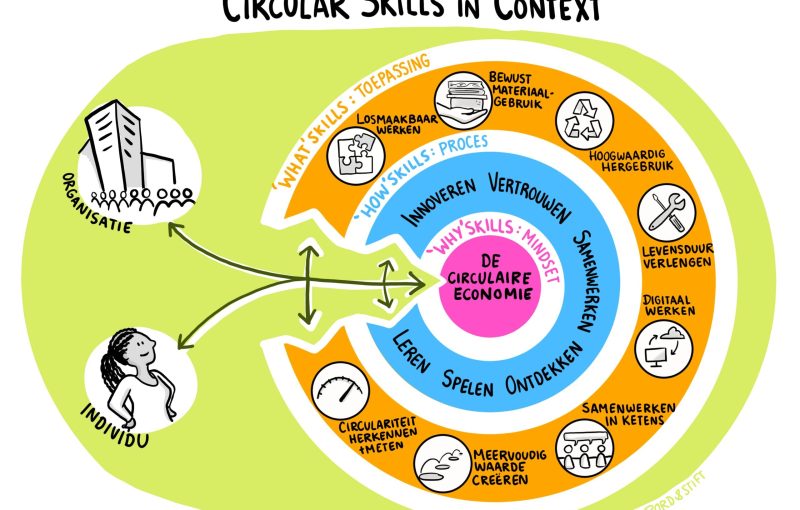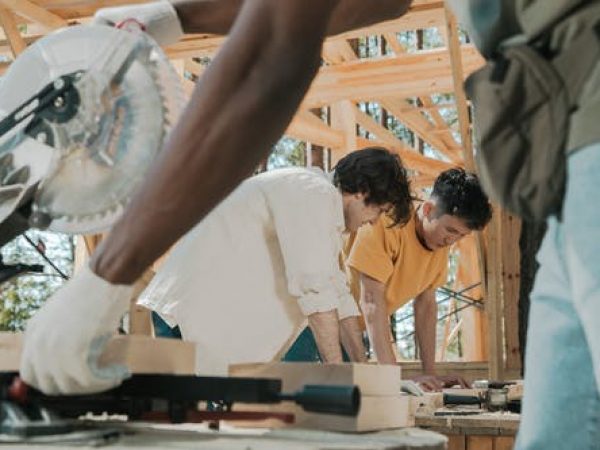Teacher consultations
- Education for a circular economy

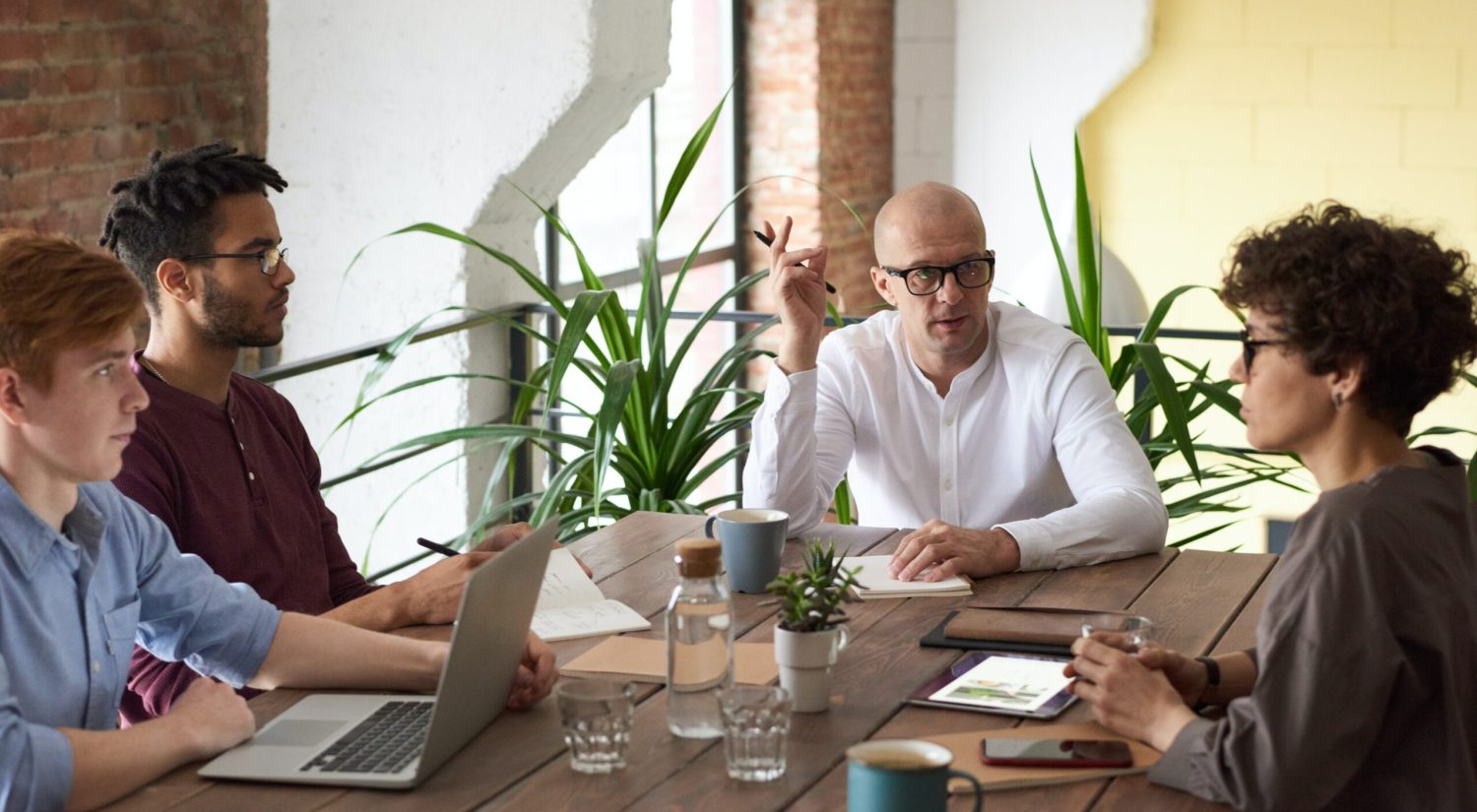
Learning for Tomorrow wants to get a clear picture of the necessary adjustments in the educational process to properly embed circular skills. Specifically, Learning for Tomorrow wanted to know:
- To what extent the topic of circular economy is alive among teachers and currently integrated into the existing curriculum and didactics.
- What adjustments in the educational process (consider the various aspects of the Whole School Approach) are required to give circular skills a structural place in vocational education.
- What teachers want to know, learn or receive in order to implement the circular economy theme and specifically the circular skills framework within their courses and/or subjects.
- What teachers' wishes are regarding the yet-to-be-developed Knowledge Point for Circular Education
To gain insight into this, DOON, O3-Effect and Stichting Technotrend set up teacher consultations in vmbo, mbo, and ho to gather input and engage in conversation about these themes. Below you can read the key findings for each question.
Question 1: To what extent the circular economy theme is alive among teachers and currently integrated into the existing curriculum and didactics
In MBO, the theme is felt to be important or even necessary, but there is not yet structural integration in curriculum, didactics, operations and professionalization. Cooperation with companies around circularity is very limited. The need to educate for the future labor market is fueled by a personal drive and within classes there is limited attention to circular skills.
The picture that emerges from the consultation is that the subject of circularity is not yet very much, if at all, alive in the vmbo. Although there are exceptions to this. What is increasingly being done is dealing consciously with materials and there is a growing awareness in the schools about the high consumption and waste. Having said this, circular building and/or installation is hardly formally included in the curriculum of the schools.
In general, then, we see that it is individually lived, more not collectively implemented in education teams or included in the curriculum. There is still little focus on circularity, vision about preconditions and little collaboration with regional business.
Question 2: What adjustments are needed in the educational process to give circular skills a structural place in vocational education.
MBO teachers indicate that they feel it is important for the school to explicitly state in its vision the contribution they make to a circular economy or sustainable development. Because not everyone feels urgency, leadership and a long-term plan are needed. It emerged that education can and should give space for: a) Developing together with colleagues, b) Professionalization on circular skills, c) Opportunities to experiment with alternative forms of education, and d) Contact with companies.
Education needs to look more outward. Teachers would like to cooperate more with practical supervisors from the companies in order to cover circular skills more. In the BPV we now have little room for these skills, but they should be included in the internship forms. There is also a need for cooperation between courses, either regionally or thematically.
Vmbo teachers indicate that in order to move forward, curriculum changes are needed. Teachers would like to see circular skills offered in the form of a ready-made elective or circulariteite integrated into existing subjects.
In general, there is currently too little space and too little time to work on circular skills (at most within a profile, elective or minor). Teachers indicate that curriculum adjustments are needed to give it a place, linking it to the transition in business and social issues.
Question 3: What do teachers want to know, learn or receive in order to address the topic of circular economy and specifically in the framework to implement circular skills within their courses and/or subjects.
There is a need for professionalization on subject-specific circular skills and a picture of what this looks like in practice. This can be done through business or through a training offer. There is also a need for professionalization on the pedagogical didactic approach in training for a circular economy. The call was made to especially make room for multidisciplinary cooperation (between different educational layers and the business community in a regional context). Dialogue between practorates and networking of companies around the educational institution, can also help in this.
Images among teachers about what is feasible to do with students vary among different schools. It is important to take this into account when developing practical assignments. To work with circular skills requires elaborated teaching materials and knowledge about circular products and materials. In addition, development time, a good network of schools and teachers and understanding of market developments were mentioned as important necessities.
So it is about circulating information, knowledge and insights; an interdisciplinary regional collaboration. We could also look at opportunities to collaborate in FieldLabs, SkillsLabs, SatelliteLabs and LivingLabs
Question 4: What are teachers' wishes regarding the yet-to-be-developed Knowledge Point for Circular Education?
In itself there is a need for sources and information (preferably in the form of a website), but many of the teachers wonder whether they will use them. However, it is indicated that these sources are only used when you are already working from awareness or direction (chicken-and-egg). There is now a greater need to stimulate awareness, enter into dialogue and seek connections with companies on themes relevant to them.
In terms of knowledge sharing, there is a particular need for examples of circular lessons, best practices, teaching materials and teacher internships. The advice is to use existing platforms for circularity and sustainability.
Want to know more?
Want to know more about this project? Then please contact Daan de Kruijf.
Join Sustainability Skills!
This project has now been completed. Below we tell you how to join the program.
- Would your organization like to join one of the existing regional collaborations (Friesland; Flevoland; Utrecht; South Holland; Rotterdam)? If so, please contact Daan de Kruijf at daan@lerenvoormorgen.org.
- Does your initiative connect education, business, government and researchers at the regional level? And would you like to join the program to develop and/or grow this initiative? We would like to get to know you better. Fill in this questionnaire and we will contact you within 7 business days!
- Stay informed? Sign up for the newsletter!
Agenda
Inspiration/News
Podcasts
No results found.
Knowledge
- MBO, HO, Lifelong learning
More Projects
No results found.
